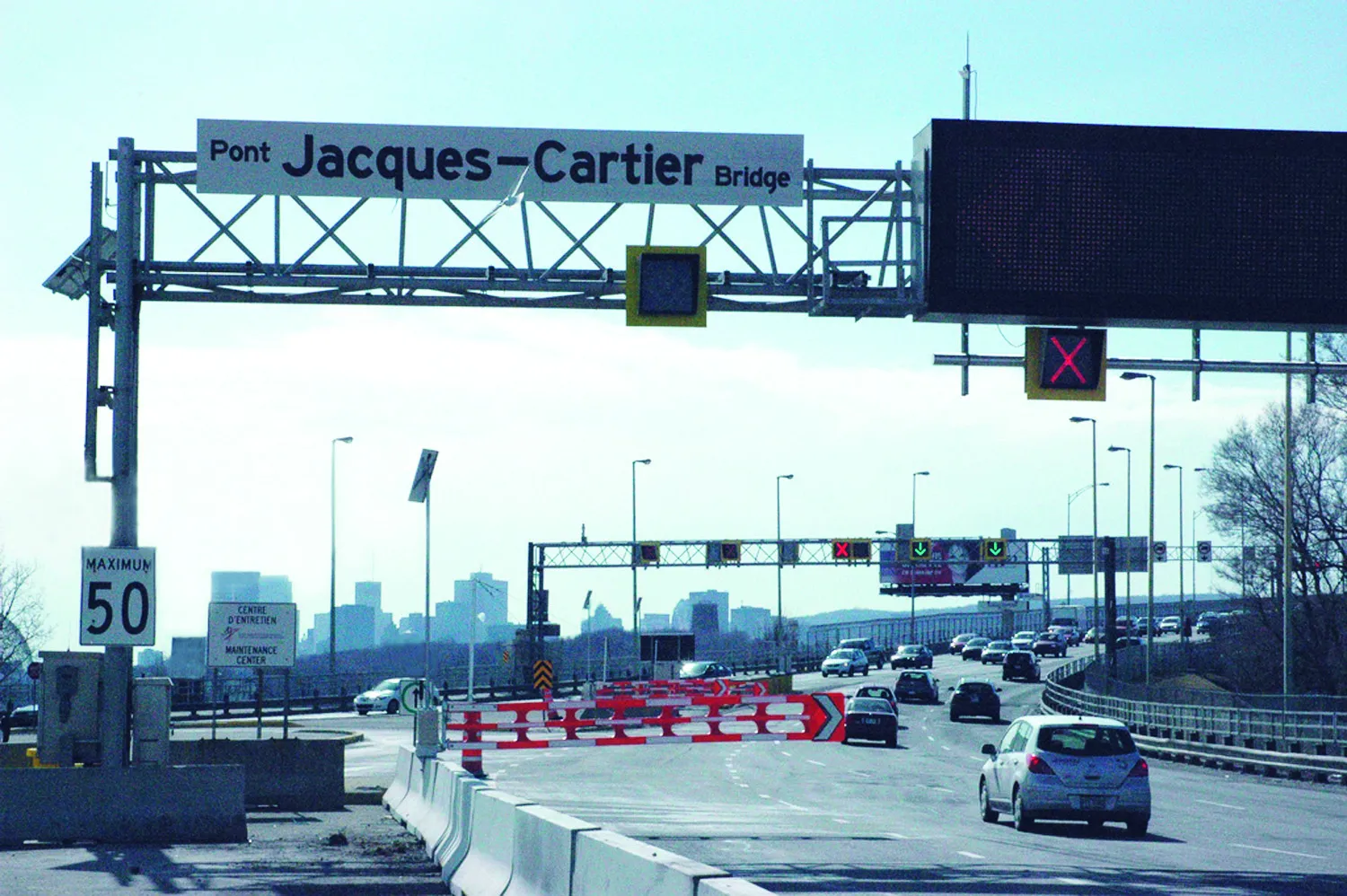University of South Florida researchers have published a report claiming that red light cameras do nothing to improve road safety, directly contradicting a national study by the Institute for Highway Safety that showed a major drop in fatal crashes in cities using red light cameras.
March 15, 2012
Read time: 1 min
Meanwhile, a National Coalition for Safer Roads (NCSR) survey, conducted by national research firm, FrederickPolls, has just been published and concludes that 72 per cent of Floridians support red light safety camera laws. Its website also features the latest study from the Insurance Institute for Highway Safety hotly contested by the researchers from USF.






